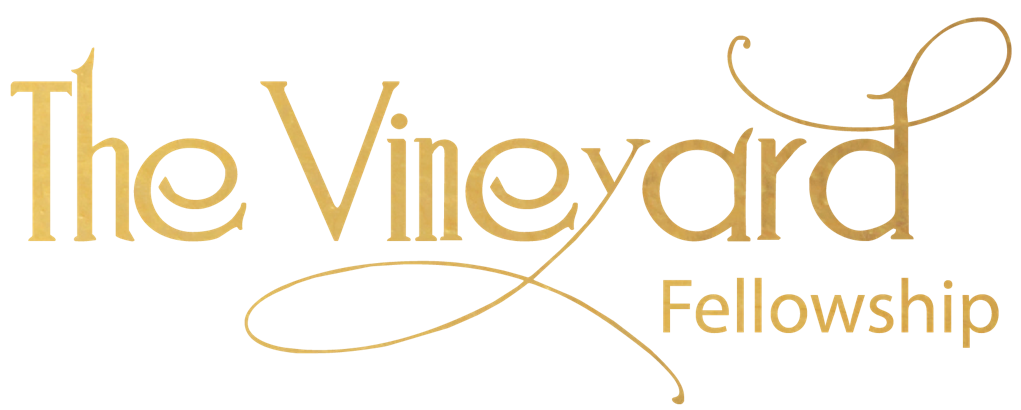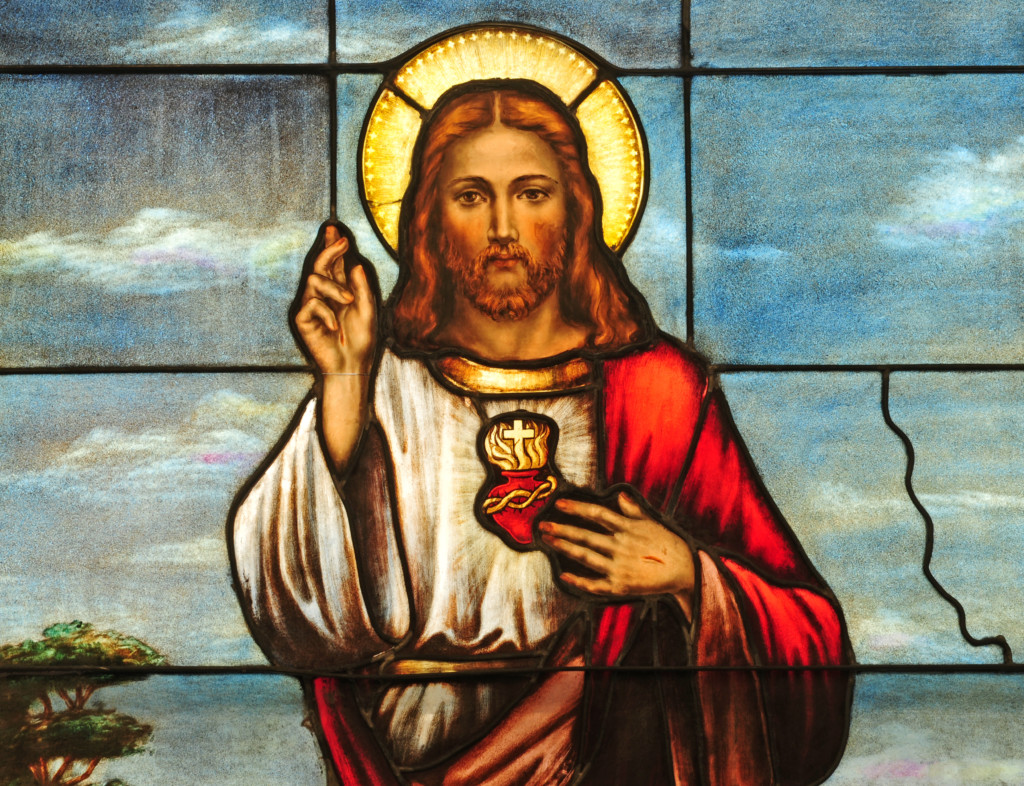Why Many Jews Reject Jesus (Yeshua) As Israel’s Messiah
by Christine Egbert
Did you know that there is a growing group of Orthodox Jews in Israel who recognize Jesus (Yeshua) as Israel’s Messiah? I met one of them—Ariel Cohen Alloro—in Jerusalem back in 2017. Ariel believes that the Sanhedrin falsely accused Jesus (Yeshua), and he is working with other like-minded Orthodox Jews (including some rabbis) to get an official retrial of Jesus (Yeshua) to clear His name. The name of their effort is titled “The Official Anathema Removal Project.”
In the fourth century, the historically antisemitic Roman Catholic Church transformed Israel’s Torah observant, Jewish Messiah, Jesus (Yeshua), into a handsome, blonde-haired, blue-eyed, halo (sun-god disk) wearing Catholic Christ, who birthed a new religion and did away with the Torah.
Yet, according to Deuteronomy 13:1-4—which is known as the Deuteronomy 13 False Prophet Test—any performer of signs and wonders, who leads people away from keeping the LORD’s (Yahweh’s) Commandments, is a False Prophet.
In the name of Christ, the Roman Catholic Church and her Protestant Stepchildren mercilessly persecuted the Jewish people in a long progression of atrocities that culminated in the Holocaust.
But the Good News is This
Today, in Israel, there are thousands of Messianic Jews, as well as an ever-growing number of Orthodox Jews, men like Ariel Cohen Alloro, who recognize that Jesus (Yeshua) is Israel’s promised Messiah.
According to the late Orthodox Rabbi, Simcha Pearlmutter, Orthodox Jewish believers are waiting for “the appointed time” to announce to the world that Jesus (Yeshua) is Israel’s Messiah.
My pastor, Matthew Miller, has been called to present our very Jewish Messiah, Jesus (Yeshua), to Israel’s Orthodox. Over the past few years, he has spoken to several Orthodox Jews, in Israel, who have discovered Jesus (Yeshua), not through reading the New Testament, but–are you ready?–through the meaning assigned to individual letters in the Hebrew Old Testament, through the numerical value of those letters (known as gematria), and (hang onto your hats) through the Zohar. If these facts offend you, you must stop trying to put the Creator of the Universe into a theological lockbox.
Rabbi Kaduri Reveals Jesus (Yeshua) as Messiah
In January of 2006, Rabbi Kaduri, one of Israel’s most prominent rabbis, was hospitalized in Jerusalem with pneumonia. Rabbi Kaduri remained alert and oriented until his death on January 28, 2006. It is estimated that between 300 to 500 thousand people attended his funeral procession, which started at the Nachalat Yitzchak Yeshivah in Jerusalem and ended at the Givat Shaul Cemetery.
In 1990, Rabbi Menachem Mendel Schneerson, the last Rebbe of the Lubavitch movement, spoke a blessing over Rabbi Kaduri. In this blessing, Schneerson assured Kaduri that he would not pass from this world until he met Israel’s Messiah. This prediction came to pass on November 14, 2003, when Kaduri had a vision, in which Jesus (Yeshua) told him that He was Israel’s Messiah.
Rabbi Kaduri later promised his disciples that he would hide the name of Israel’s Messiah in a note. Then, shortly before his death in 2006, the rabbi wrote a note (in Hebrew), giving instructions to his disciples not to open it until a year after his death.
The English translation of Rabbi Kaduri’s note reads: “He will lift the people and prove that His Word and His Torah are valid. This I have signed in the month of mercy (Elul), Yitzhak Kaduri.”
The first Hebrew letter of each word in “He will lift the people and prove that His Word and law are standing” spells out Yehoshua, the long form of Jesus’ (Yeshua’s) contracted name.
In my biography of Matthew Miller and the Vineyard, titled What God Is Doing, I tell of an event that concerned the late Rabbi Kaduri. It happened during Matthew’s trip to Israel in 2016. On their second night in the Land, the Lord told Matthew that He was sending him out to tell the Orthodox about Jesus (Yeshua).
Matthew was delighted. He was already drawn to the Orthodox, and Orthodox men were easy to spot due to the way they dressed.
So, Matthew would pray until he felt led to a particular man. Then he would introduce himself as a Christian tourist and ask the man what he knew about Rabbi Kaduri. This question always started a true dialogue in which Matthew would listen like a trial lawyer, waiting for just the right opening to ask just the right question. For lawyers—the good ones—know the answers before they ask. Using Rabbi Kaduri as his doorway, Matthew would engage the Orthodox in a non-confrontational conversation, prompted by the Holy Spirit. He would plant a seed (in the form of a question about Kaduri), then use self-disclosures to elicit their curiosity.
The Orthodox men he spoke to wanted to know why Matthew, a self-professed Christian, wore tzitzit. Their question was an open door for Matthew to share his faith in Israel’s very Jewish Messiah, Jesus (Yeshua). Matthew explained that he ate biblically clean, kept the 7th day Sabbath, and observed all of the LORD’s (Yahweh’s) Feast Days. Matthew assured them that the biblical Jesus (Yeshua)—unlike the Catholic Jesus—kept Torah.
Having studied, not only the Torah but many extra-biblical Jewish writings about the Messiah, Matthew could engage the Orthodox on their level and within their framework, and these Holy Spirit-led conversations always led to Jesus (Yeshua).
In one conversation a Messianic shop owner warned Matthew to never refer to Jesus (Yeshua) as Yeshu. It was a slur that meant “may His name be cursed, and His memory blotted out.” The shop owner told Matthew that only non-believing Jews call Jesus (Yeshua) Yeshu. Then he added something rather interesting. He said, “Although, sometimes they (meaning the non-believers) just call him Jesus. But those of us who know Him, we always call him Yeshua.”
In another memorable exchange, an Orthodox Jewish man asked Matthew to pray for him. Matthew ended the prayer saying, “In the name of Yeshua, the Messiah, Sar haPanim.” At hearing Sar haPanim (a title of the Messiah which means Prince of the Face), the man lit up. Sar haPanim is the title used in all Orthodox Jewish prayer books. When the man grabbed Matthew by the shoulders and kissed him on his cheek, Matthew knew that this man, although he never said so directly, had to be a believer.
Zechariah 12:9-10 says, “And it shall be in that day, (when Yeshua returns) I will seek to destroy all the nations that come against Jerusalem. And I will pour on the house of David, and on those living in Jerusalem, the Spirit of grace and of prayers. And they shall look on Me, whom they have pierced, and they shall mourn for Him, as one mourns for an only son, and they shall be bitter over Him, like the bitterness over the first-born.”
Then Zechariah goes on to say this: Zechariah 13:1-2 “In that day a fountain shall be opened to the house of David and to those living in Jerusalem, for sin and for impurity…”
In Israel today, there are thousands of believing Jews. As for those who do not yet believe, I will close with another quote from Zechariah. This one concerns those who survive Jerusalem’s judgment at Messiah’s return
Zechariah 13:9 – “And I will bring the third part (that survive) through the fire, and I will refine them as silver, and I will try them as gold. They shall call on My name, and I will answer them. I will say, “It is My people!” and they shall say, “the LORD (Yahweh) is my God!”
No one but God knows which of today’s non-believing Jews will be numbered among those survivors. But rest assured, The LORD (Yahweh) knows, and He will call them His people. So, do not be haughty!
Romans 11:18-22 says, “Do not boast against the branches. But if you do boast, it is not you that bears the root, but the root bears you. You will say then, ‘The branches were broken off that I might be grafted in.’ For unbelief they were broken off. And you stand by faith. Do not be high minded, but fear! For if God did not spare the natural branches, fear that He may not spare you either. Behold, then, the kindness and severity of God: On those having fallen, severity. But on you, kindness, if you continue in the kindness. Otherwise, you also will be cut off.”

